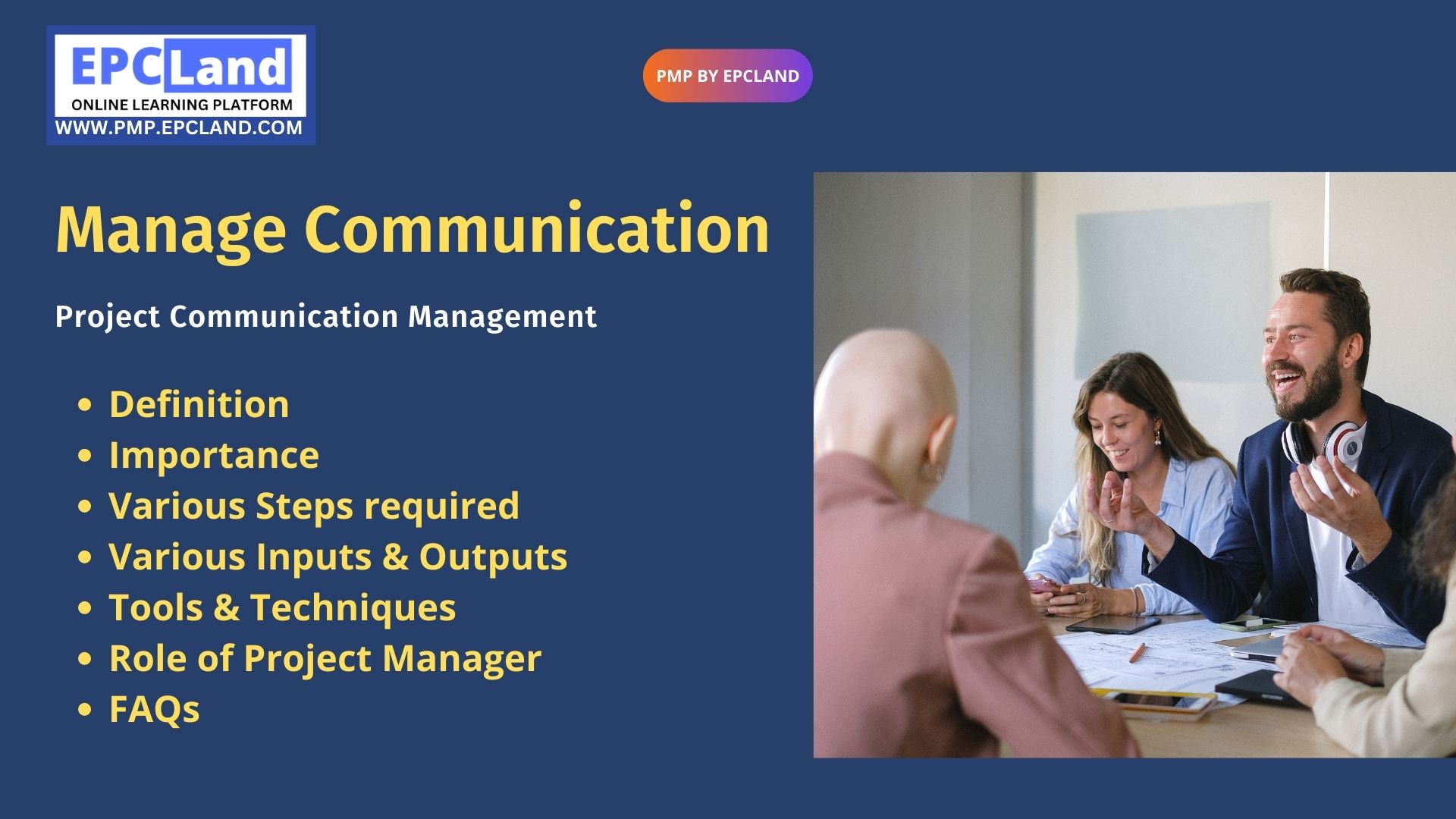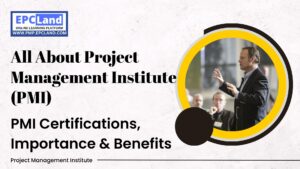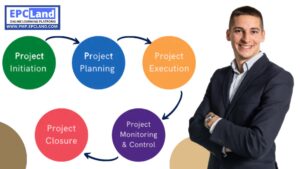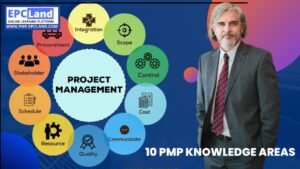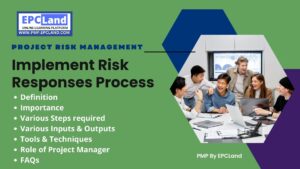Effective communication is crucial for the success of any project. The Manage Communication Process in Project Communication Management is a systematic approach to plan, deliver, and monitor project communication. This process helps to ensure that all stakeholders have the information they need, when they need it, and in a format that is easily understandable. The process involves identifying the communication needs of stakeholders, defining the communication approach, and implementing a communication plan. The plan should include a schedule for communication, the communication methods and channels to be used, and the individuals responsible for communication. The Manage Communication Process also involves regularly monitoring and controlling communication to ensure that it is effective and on track. By following this process, project managers can ensure that all stakeholders are informed, involved, and engaged, which leads to better project outcomes.
What is the Importance of “Manage Communication Process” in Project Communication Management
The Manage Communication Process in Project Communication Management is important because it helps to ensure that all stakeholders have the information they need to perform their roles effectively. This, in turn, leads to improved project outcomes, such as:
- Improved stakeholder engagement and satisfaction: Effective communication helps to keep stakeholders informed, involved, and engaged in the project, which leads to better overall stakeholder satisfaction.
- Increased team collaboration and productivity: Effective communication helps to foster a culture of collaboration and teamwork, which can improve team productivity and lead to better project outcomes.
- Improved project planning and decision-making: By having accurate and up-to-date information about the project, team members can make better-informed decisions and plan more effectively.
- Better risk management: Effective communication helps to identify and mitigate risks early, which can help to prevent project delays and ensure that the project stays on track.
- Increased transparency and accountability: By having clear and open communication, team members and stakeholders are held accountable for their actions and decisions, which leads to increased transparency and accountability.
Attempt Quiz-1 on Manage Communication Process
What are Various Steps required in “Manage Communication Process” in Project Communication Management
The Manage Communication Process in Project Communication Management typically involves the following steps:
- Identify stakeholders: The first step is to identify all stakeholders and their communication needs, including their preferred methods of communication and the information they need to receive.
- Define communication approach: Based on the stakeholders’ communication needs, the project manager should define a communication approach that includes the methods, channels, and frequency of communication.
- Create a communication plan: The communication plan should include a schedule for communication, the methods and channels to be used, and the individuals responsible for communication.
- Implement the communication plan: The project manager should implement the communication plan, making sure that all stakeholders receive the information they need in a timely and effective manner.
- Monitor and control communication: The project manager should regularly monitor and control communication to ensure that it is effective and on track. This may involve adjusting the communication plan as needed to meet changing stakeholder needs.
- Close communications: Finally, the project manager should close communications when the project is complete, making sure that all stakeholders have received a final report and have been debriefed on the project outcome.
What are various Tools & Techniques used for “Manage Communication Process” in Project Communication Management
The Manage Communication Process in Project Communication Management can be supported by a variety of tools and techniques, including:
- Communication plan: A written document that outlines the communication needs, methods, and schedule for the project.
- Stakeholder register: A database of information about stakeholders, including their communication needs and preferences.
- Status reports: Regular reports that provide updates on the project status and progress to stakeholders.
- Meetings: Regular meetings between project team members and stakeholders, such as progress meetings, risk meetings, and issue resolution meetings.
- Email: An efficient and effective method for sending and receiving information and updates.
- Project management software: Software that can help to automate and manage the communication process, including email, status reports, and project schedules.
- Presentations: Visual presentations that can be used to communicate complex information and data to stakeholders.
- Surveys and questionnaires: Surveys and questionnaires can be used to gather information from stakeholders about their communication needs and preferences.
- Workshops and training sessions: Workshops and training sessions can be used to provide stakeholders with information and training on the project and communication process.
What are various Outputs required for “Manage Communication Process” in Project Communication Management
The outputs of the Manage Communication Process in Project Communication Management include:
- Communication plan: A written document that outlines the communication needs, methods, and schedule for the project.
- Stakeholder register: A database of information about stakeholders, including their communication needs and preferences.
- Status reports: Regular reports that provide updates on the project status and progress to stakeholders.
- Meeting minutes: Minutes of project meetings that provide a record of decisions, action items, and discussions.
- Email correspondence: A record of all emails sent and received during the project, including responses to status reports, meeting invitations, and other communication.
- Project management software reports: Reports generated by project management software, including status reports, resource utilization reports, and budget reports.
- Presentations: Visual presentations that can be used to communicate complex information and data to stakeholders.
- Survey results: Results of any surveys or questionnaires used to gather information from stakeholders about their communication needs and preferences.
- Workshops and training materials: Materials and presentations used during workshops and training sessions, including handouts and training manuals.
What is Role of Project Manager in “Manage Communication Process” in Project Communication Management
The role of the Project Manager in the Manage Communication Process in Project Communication Management is critical to the success of the project. The Project Manager is responsible for:
- Developing and maintaining the communication plan: The Project Manager is responsible for ensuring that a communication plan is created and updated as needed to reflect the changing needs of the project and stakeholders.
- Maintaining the stakeholder register: The Project Manager is responsible for maintaining the stakeholder register and ensuring that it is up-to-date and accurate.
- Distributing status reports: The Project Manager is responsible for ensuring that status reports are distributed regularly to stakeholders and that they provide an accurate and up-to-date view of the project.
- Facilitating meetings: The Project Manager is responsible for organizing and facilitating regular meetings between project team members and stakeholders, such as progress meetings, risk meetings, and issue resolution meetings.
- Managing email correspondence: The Project Manager is responsible for ensuring that email correspondence is managed effectively, including responding to status reports, meeting invitations, and other communication.
- Utilizing project management software: The Project Manager is responsible for using project management software to automate and manage the communication process, including email, status reports, and project schedules.
- Developing presentations: The Project Manager is responsible for developing presentations that can be used to communicate complex information and data to stakeholders.
- Conducting surveys and questionnaires: The Project Manager may be responsible for conducting surveys and questionnaires to gather information from stakeholders about their communication needs and preferences.
- Facilitating workshops and training sessions: The Project Manager may be responsible for organizing and facilitating workshops and training sessions to provide stakeholders with information and training on the project and communication process.
Attempt Quiz-2 on Manage Communication Process
Final Takeaway on “Manage Communication Process” in Project Communication Management
In conclusion, the Manage Communication Process in Project Communication Management plays a critical role in ensuring that stakeholders are informed and engaged throughout the project lifecycle. Effective communication helps to build trust, resolve conflicts, and increase stakeholder satisfaction. A well-executed communication process requires careful planning, monitoring, and management. The role of the Project Manager is crucial in ensuring that the communication plan is created, maintained, and executed effectively. By utilizing effective tools and techniques, the Project Manager can ensure that all stakeholders are informed, engaged, and satisfied with the project outcomes. Investing time and resources in effective communication management is key to project success.
FAQs on “Manage Communication Process” in Project Communication Management
Q1: What is Project Communication Management? A1: Project Communication Management is the process of planning, organizing, executing, monitoring, and controlling all communication activities within a project to ensure its successful completion.
Q2: Why is Communication Management important in Project Management? A2: Communication Management is important in Project Management because it helps to ensure that project objectives, requirements, and expectations are clearly understood and communicated among all stakeholders, and helps to minimize miscommunication and misunderstandings that can negatively impact the project’s success.
Q3: What are the key components of Project Communication Management? A3: The key components of Project Communication Management are:
- Communication Planning
- Information Distribution
- Performance Reporting
- Administrative Closure
Q4: What are the types of communication used in Project Management? A4: The types of communication used in Project Management are:
- Verbal Communication
- Written Communication
- Visual Communication
- Electronic Communication
Q5: What is Communication Plan in Project Management? A5: Communication Plan in Project Management is a document that outlines how and when information will be exchanged between project stakeholders. It includes details about the type of information to be shared, the frequency of communication, and the means of communication.
Q6: How to ensure effective communication in Project Management? A6: To ensure effective communication in Project Management, one can follow these steps:
- Identify stakeholders and their communication needs
- Develop a Communication Plan
- Use appropriate communication channels
- Regularly update stakeholders with accurate information
- Encourage feedback and active participation.
